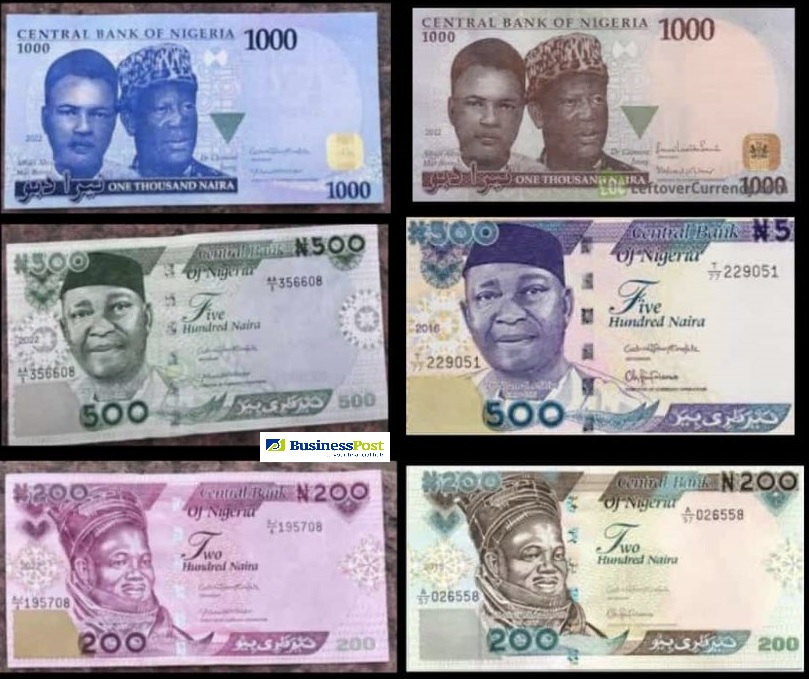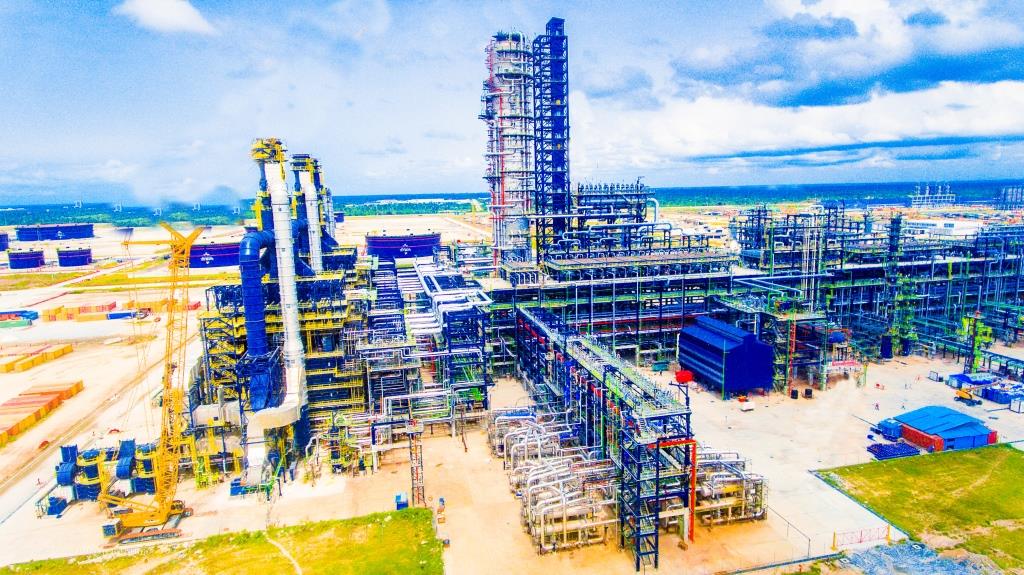Economy
Nigeria’s Debt to GDP Ratio Stands at 21%—Adeosun

By Dipo Olowookere
Minister of Finance, Mrs Kemi Adeosun, has disclosed that the debt to Gross Domestic Product (GDP) for Nigeria now stands at 21 percent.
Mrs Adeosun made this disclosure on Tuesday at the Ogun Investors Forum, which kicked off today in Abeokuta, the state capital.
According to the Minister, the debt to GDP ratio, which is at 21 percent, is “conservative, by global standards.”
Speaking on the occasion, Mrs Adeosun said “it is important to highlight that our borrowing has been specifically to fund infrastructure; we’re not borrowing to pay salaries.”
She assured participants that “Nigeria’s level of borrowing will progressively go down in the years ahead; that’s the ERGP projection.”
She said government “will make up that difference with increased taxes.”
“Our tax-to-GDP is 6 percent, which is very low. If we get more people to pay taxes we will borrow less,” the Minister said.
Mrs Adeosun explained that it would be wrong for government to increase the price of Premium Motor Spirit (PMS) otherwise known as petrol, because it would have a negative effect on the economy generally.
“If we increase the price of petrol now, it will have an impact on consumer prices,” the Minister said at the event.
She emphasised that, “Every decision has to be well thought out and calibrated to ensure that we have the interests of the Nigerian people at heart.”
Mrs Adeosun assured that this administration’s “economic management team will continue to carefully evaluate these decisions.”
She said, “We firmly believe that revenue mobilisation is potentially the master key to unlocking Nigeria’s huge growth potentials and funding our infrastructure efforts. We will continue to place great focus on cost efficiency; blocking revenue leakages; and on continued support to the states.
“We have invested over N2.5 trillion in infrastructure between 2015 and 2017. If you move round the country, you will see ongoing works in roads, power, bridges, railway lines and so on. These are important building blocks for the Nigerian economy.
“When the Buhari government took office in 2015, the total amount invested in roads was N19 billion.
“In 2016 we raised that to N307.4 billion and N208 billion in 2017. Investment in the Transport Sector went from N6.49 billion in 2015, to N143.1 billion in 2016, & N133.9 billion in 2017.”
Economy
NASD OTC Exchange Closes in Stalemate at Midweek

By Adedapo Adesanya
The NASD Over-the-Counter (OTC) Securities Exchange closed flat on Wednesday, April 16, as the market capitalisation remained unchanged at N1.915 trillion as well as the NASD Unlisted Security Index (NSI) at 3,271.02 points.
At the trading session, there was no price gainer or decliner.
The bourse’s data showed a decrease of 95.0 per cent in the volume of securities transacted to 36,757 units from the 736,215 units recorded in the previous trading day, the value of transactions slid by 83.6 per cent to N1.99 million from N12.1 million transacted on Tuesday, and the number of deals fell by 19.2 per cent to 21 deals from the 26 deals recorded a day earlier.
Impresit Bakolori Plc remained the most active stock by volume on a year-to-date basis with 533.9 million units worth N520.9 million, trailed by Okitipupa Plc with 153.6 million units sold for N4.9 billion, and Industrial and General Insurance (IGI) Plc with 71.2 million units valued at N24.2 million.
Also, Okitipupa Plc remained the most active stock by value on a year-to-date basis with 153.6 million units valued at N4.9 billion, followed by FrieslandCampina Wamco Nigeria Plc with the sale of 14.7 million units worth N568.1 million, and Impresit Bakolori Plc with a turnover of 533.9 million units sold for N520.9 million.
Economy
Naira Depreciates to N1,603/$1 at NAFEM, N1,620/$1 at Parallel Market

By Adedapo Adesanya
The Naira witnessed a N1.76 or 0.11 per cent depreciation on the US Dollar at the Nigerian Autonomous Foreign Exchange Market (NAFEM) on Wednesday, April 16.
During the trading session, the local currency was exchanged with the greenback at N1,603.16/$1, in contrast to the N1,601.40/$1 it was traded a day earlier, according to data from the Central Bank of Nigeria (CBN).
Also, the Nigerian currency weakened against the British Pound Sterling in the official market yesterday by N6.71 to quote at N2,121.97/£1 compared with the previous day’s value of N2,115.26/£1 and tumbled against the Euro by N9.28 to sell for N1,818.17/€1 versus Tuesday’s exchange rate of N1,808.89/€1.
In the parallel market, the Naira lost N5 against the Dollar to finish at N1,620/$1 compared with the preceding day’s N1,615/$1.
The pressure on the domestic currency came as the central bank sold over $30.00 million at rates between N1,590.00/$ and N1,601.50/$ this week to authorised forex dealers.
At the cryptocurrency market, things turned bullish as the US Federal Reserve Chairman, Mr Jerome Powell, dashed hopes for early rate cuts, citing the need to assess the impact of US tariffs on the global economy.
The Federal Reserve chair also mentioned that the US central bank needed more time to see the effects of tariffs play out in the global economy. The same is likely to be true of the economic effects, which will include higher inflation and slower growth.
Market analysts noted that the remarks disappointed rate cuts optimist by stressing focus on protecting against tariff-driven price hikes from driving a long-term rise in inflation expectations.
Solana (SOL) jumped by 7.2 per cent to trade at $134.28, Cardano (ADA) added 2.8 per cent to close at $0.6209, Dogecoin (DOGE) appreciated by 2.5 per cent to $0.1570, Ethereum (ETH) rose by 2.1 per cent to $1,602.70, Ripple (XRP) gained 1.9 per cent to close at $2.09, Bitcoin (BTC) increased by 1.5 per cent to $84,749.46, and Binance Coin (BNB) went up by 0.7 per cent to $583.08.
But Litecoin (LTC) declined by 0.7 per cent to finish at $75.38, while the US Dollar Tether (USDT) and the US Dollar Coin (USDC) remained unchanged at $1.00 each.
Economy
Nigerians Applaud Dangote for Further Reduction of PMS Price to N835

By Aduragbemi Omiyale
The further reduction in the price of Premium Motor Spirit (PMS), commonly known as petrol, from N865 to N835, effective from Wednesday, April 16, 2025, by Dangote Petroleum Refinery has been applauded by Nigerians.
The price slash was the second by the company in a week and it was in reaction to the decline in the price of crude oil in the global market due to the trade war between the United States and China.
In a statement yesterday by the Group Chief Branding and Communications Officer of Dangote Group, Mr Anthony Chiejina, it was stated that key partners, including MRS, AP (Ardova), Heyden, Optima Energy, Hyde and Techno Oil, will sell petrol to customers at N890 per litre, down from N920 in Lagos, while in the other South-West states, the price will be N900 per litre versus the previous N930.
In addition, Nigerians living in the North-West and North-Central will get the high-quality Dangote petrol at N910 per litre compared with the former price of N940, and those in the South-East, South-South, and North-East will buy at N920 per litre, down from N950 per litre.
Dangote expressed hopes that this latest reduction in PMS prices would generate a positive ripple effect throughout various sectors of the economy, providing much-needed relief to consumers and contributing to broader economic growth, particularly during the Easter season.
It stated that the slash in price reaffirmed its “commitment to providing high-quality petrol at affordable rates, benefiting consumers across the nation. In addition, we are working collaboratively with our partners to ensure equitable reflection of this price reduction.”
Dangote Petroleum Refinery has consistently worked to reduce the prices of petrol and other refined petroleum products, ensuring the continued benefit of Nigerian consumers.
For example, in February, the refinery reduced prices twice by N125. In addition, products such as diesel and Liquefied Petroleum Gas (LPG) have also experienced significant price reductions due to the refinery’s sustained efforts.
-

 Feature/OPED5 years ago
Feature/OPED5 years agoDavos was Different this year
-
Travel/Tourism9 years ago
Lagos Seals Western Lodge Hotel In Ikorodu
-

 Showbiz2 years ago
Showbiz2 years agoEstranged Lover Releases Videos of Empress Njamah Bathing
-

 Banking7 years ago
Banking7 years agoSort Codes of GTBank Branches in Nigeria
-

 Economy2 years ago
Economy2 years agoSubsidy Removal: CNG at N130 Per Litre Cheaper Than Petrol—IPMAN
-

 Banking2 years ago
Banking2 years agoFirst Bank Announces Planned Downtime
-

 Sports2 years ago
Sports2 years agoHighest Paid Nigerian Footballer – How Much Do Nigerian Footballers Earn
-

 Technology4 years ago
Technology4 years agoHow To Link Your MTN, Airtel, Glo, 9mobile Lines to NIN












